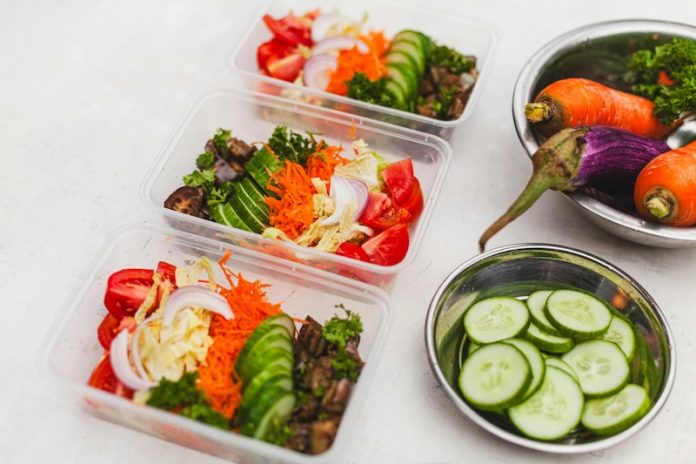
Pancreatic cancer is one of the deadliest forms of cancer, with about 87% of patients dying within five years of diagnosis.
But new research from the University of California, Davis offers a hopeful message: it may never be too late to change your diet and reduce your risk.
A recent study in The Journal of Nutrition shows that switching from a high-fat diet to a low-fat diet slowed the development of early-stage pancreatic cancer in mice—even after weight gain and precancerous changes had already begun.
This research is especially significant because previous studies have shown that obesity can increase the risk of pancreatic cancer by about 50%.
The UC Davis team set out to explore whether changing diet after weight gain had already occurred could still make a difference in how pancreatic cancer develops. And it turns out—it can.
“This study shows that managing excess body weight is very important,” said Dr. Gerardo Mackenzie, professor and chair of the UC Davis Department of Nutrition and the study’s lead author. “Our findings suggest that it may never be too late to make a dietary change and still have a meaningful impact on cancer progression.”
Researchers used a mouse model that closely mimics how pancreatic cancer develops in humans. Mice were split into three groups:
- One group ate a high-fat diet for 21 weeks.
- A second group ate a low-fat diet for the same period.
- A third group started on a high-fat diet for eight weeks, then switched to a low-fat diet for the remaining 13 weeks.
The mice that stayed on the high-fat diet gained more weight and showed early signs of pancreatic cancer. In contrast, the group that switched to a low-fat diet returned to a healthy weight and avoided rapid progression of precancerous changes in the pancreas.
In addition to tracking physical changes, the researchers studied the gut microbiome, gene activity, and how cells communicate—factors known to influence cancer risk. These biological markers began to normalize after the diet change, suggesting that lifestyle shifts can impact the body at a deep, cellular level.
One of the strengths of this study was its focus on fat alone, without the confounding effects of sugar. Western diets are often high in both fat and sugar, making it difficult to isolate which nutrient has more influence on cancer development. By using a high-fat, low-sugar diet, the researchers were able to show that fat alone can contribute to obesity and increased cancer risk.
Interestingly, other studies that used moderate-fat diets without sugar did not result in obesity in animal models—further pointing to the powerful role of fat in this context.
The Human Takeaway
Though this is a preclinical mouse study, the findings are encouraging. “It’s very difficult to study early pancreatic cancer risk in humans. You can’t just biopsy a healthy pancreas,” said first author Joanna Wirkus, a doctoral candidate and registered dietitian. “That’s why these models are so important.”
Wirkus emphasized that while weight loss can be difficult, diet remains a powerful tool for improving health. “With the right support, it is possible to manage one’s weight. I would encourage people to know that diet is a really powerful tool for improving overall health.”
This study opens the door to more research on how dietary changes might prevent or delay pancreatic cancer in humans. While more work is needed before specific guidelines can be made, the message is clear: even small, late-stage changes to diet—especially reducing fat intake—can have a major impact on cancer risk.
The study was supported by the USDA’s National Institute for Food and Agriculture, the Academy of Nutrition and Dietetics, and the National Cancer Institute, with collaborators from the UC Davis Comprehensive Cancer Center and the University of East Anglia in the UK.
For anyone concerned about cancer risk, especially those with obesity or a family history of pancreatic cancer, these findings offer a powerful reminder: what you eat matters, and it’s never too late to make a change.
If you care about cancer risk, please read studies that exercise may stop cancer in its tracks, and vitamin D can cut cancer death risk.
For more health information, please see recent studies that yogurt and high-fiber diet may cut lung cancer risk, and results showing that new cancer treatment may reawaken the immune system.
The research findings can be found in Journal of Nutrition.





